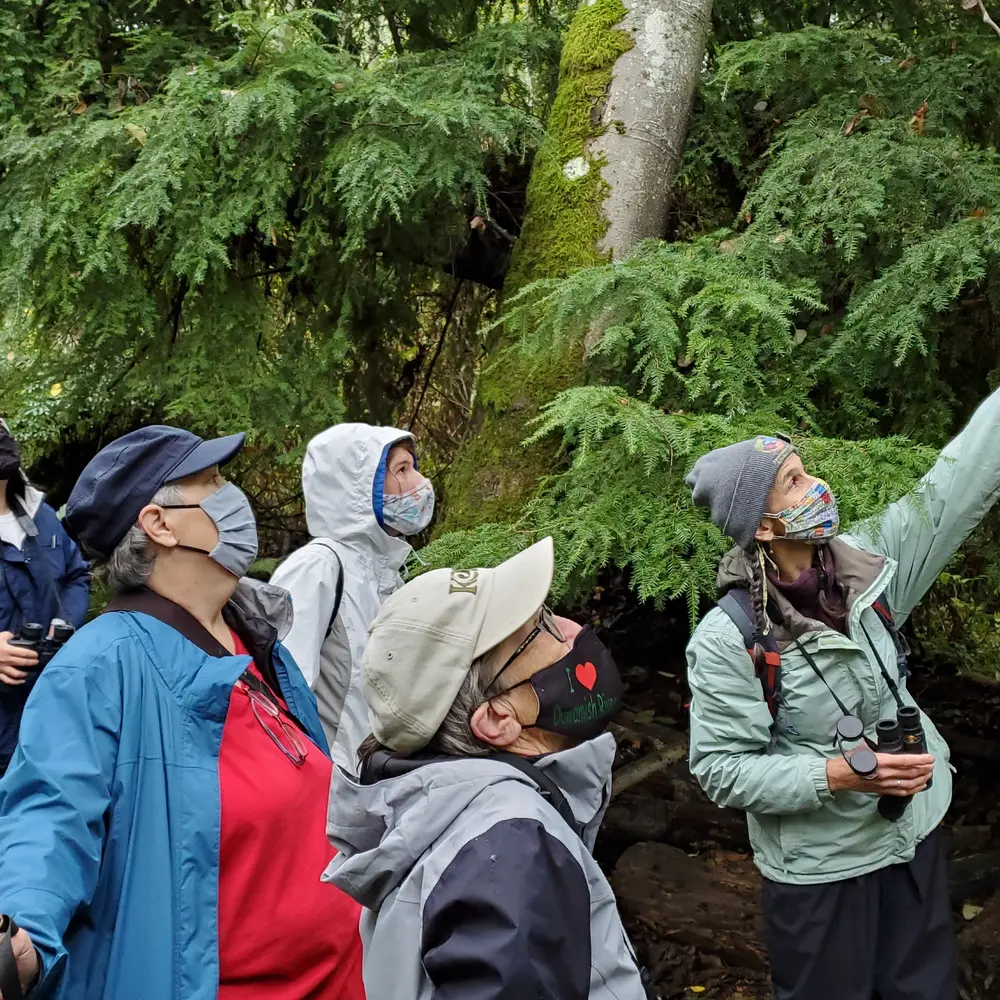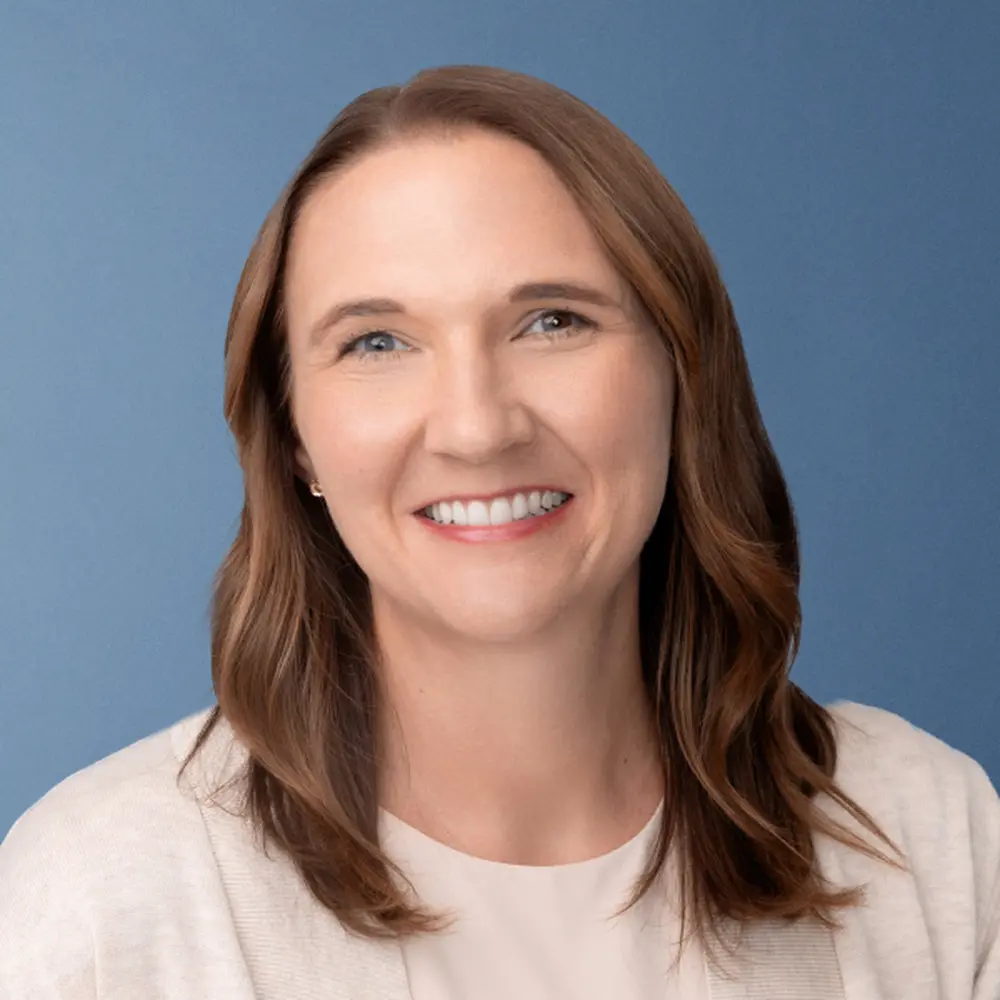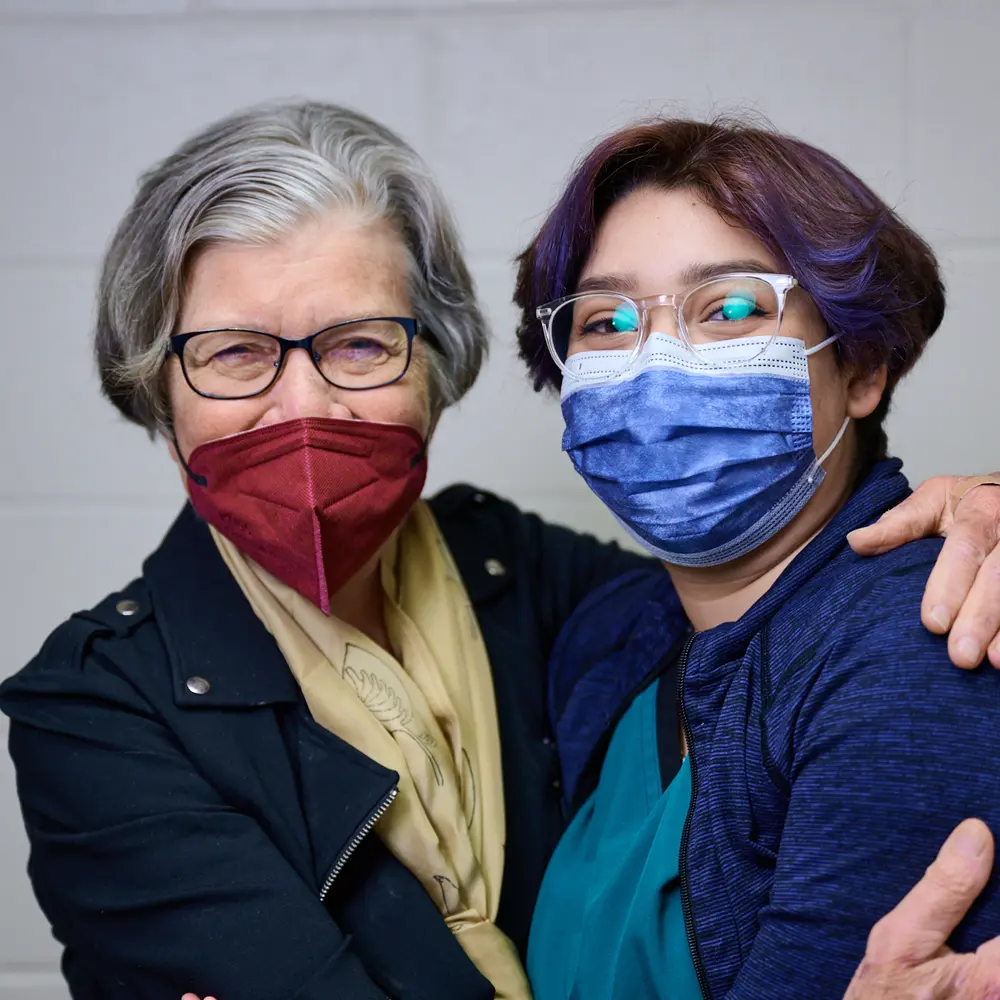One of the most effective strategies for developing solutions that address complex issues in meaningful and lasting ways is through collaboration. We have seen time and again data that underscores that communities thrive when we bring a variety of voices to the table to address a shared challenge. At the Murdock Trust, we know we do not hold the expertise or necessary background to craft solutions to the diverse challenges facing the Pacific Northwest, however we do recognize that through our work we can help bring potential partners together and “set the table” for thoughtful, action-oriented discussions.
We seek to fulfil this responsibility through a series of convenings we host and participate in every year on a wide range of topics. Recently, the Murdock Trust had the opportunity to partner with leaders behind a national collaboration on hunger and poverty led by Baylor University’s Jeremey Everett for a conversation with local community leaders working in this space. While this entire conversation was valuable and full of thoughtful engagement, there were a few, key points that reached top-of-mind:
Food Insecurity is Rampant Everywhere
Food insecurity is a widespread issue in the United States, especially in rural areas. Approximately 60 million Americans live in rural areas and over 16% are living in poverty. A key indicator of food insecurity is underemployment, individuals working low wage jobs and being forced to make trade-offs of which bills to pay every month. The combination of high underemployment rates and a global pandemic has led to a substantial increase in food insecurity across the United States but especially for school aged children living in rural areas.
Innovative Solutions are Helping Close the Gap
Started in the summer of 2019, the Meals-to-You program was designed as a scalable solution to end hunger in rural areas. Working with both the private and public sectors, this initiative has successfully expanded in 2020 to provide over 40 million meals to close to 300,000 children throughout the country with a special focus on rural areas. Partnering with organizations like McLane Global, the United States Department of Agriculture, PepsiCo Food for Good, Chartwells, and many local nonprofits, the Meals-to-You program delivered each family with a box a week including 10 meals to their front door, much like Blue Apron or other preprepared meal programs.
It Takes A Community to End Hunger
This effort provides a model for community collaboration to create sustainable solutions to some of the most complex problems. These solutions involve businesses, educational institutes, nonprofits, the government, and public health workers to come together on solutions that are sustainable and reliable. Moving forward, the Meals-to-You program and the Baylor Collaborative on Hunger and Poverty are looking to continue to engage and build public and private infrastructure and to expand this successful initiative.
Dialogue Around Hunger in Our Current Climate
Through the success of the Meals-to-You program, it is evident that hunger is an issue both the right and left can get behind during this divided political time. Through connection, communication, and collaboration, sustainable solutions can be created to best serve some of the most vulnerable in our society. To accomplish this, foundations on the call were encouraged to think of partnerships as a decade long investment and grant cycles as check-ins on this investment. Additionally, foundations should take time to know and understand the federal and local nutrition programs as lots of government funding is often being left on the table. Finally, we need to approach hunger and poverty as issues that should not be socially acceptable ways of life in America.
We want to thank Jeremy Everett, founder and executive director of the Baylor Collaborative on Hunger and Poverty for helping lead and facilitate this conversation. We also want to thank all of our community partners who joined us as well as the ten foundation partners who took part in this conversation, including Gianforte Family Foundation, First Interstate BancSystem Foundation, Montana Community Foundation, Mat-Su Health Foundation, Food Bank of Alaska, Alaska Community Foundation, Vulcan – Paul Allen Foundation and the Innovia Foundation.
Working together, we can help end hunger in the Pacific Northwest.
The post Ending Hunger in the Pacific Northwest – Convening Recap appeared first on M. J. Murdock Charitable Trust.







